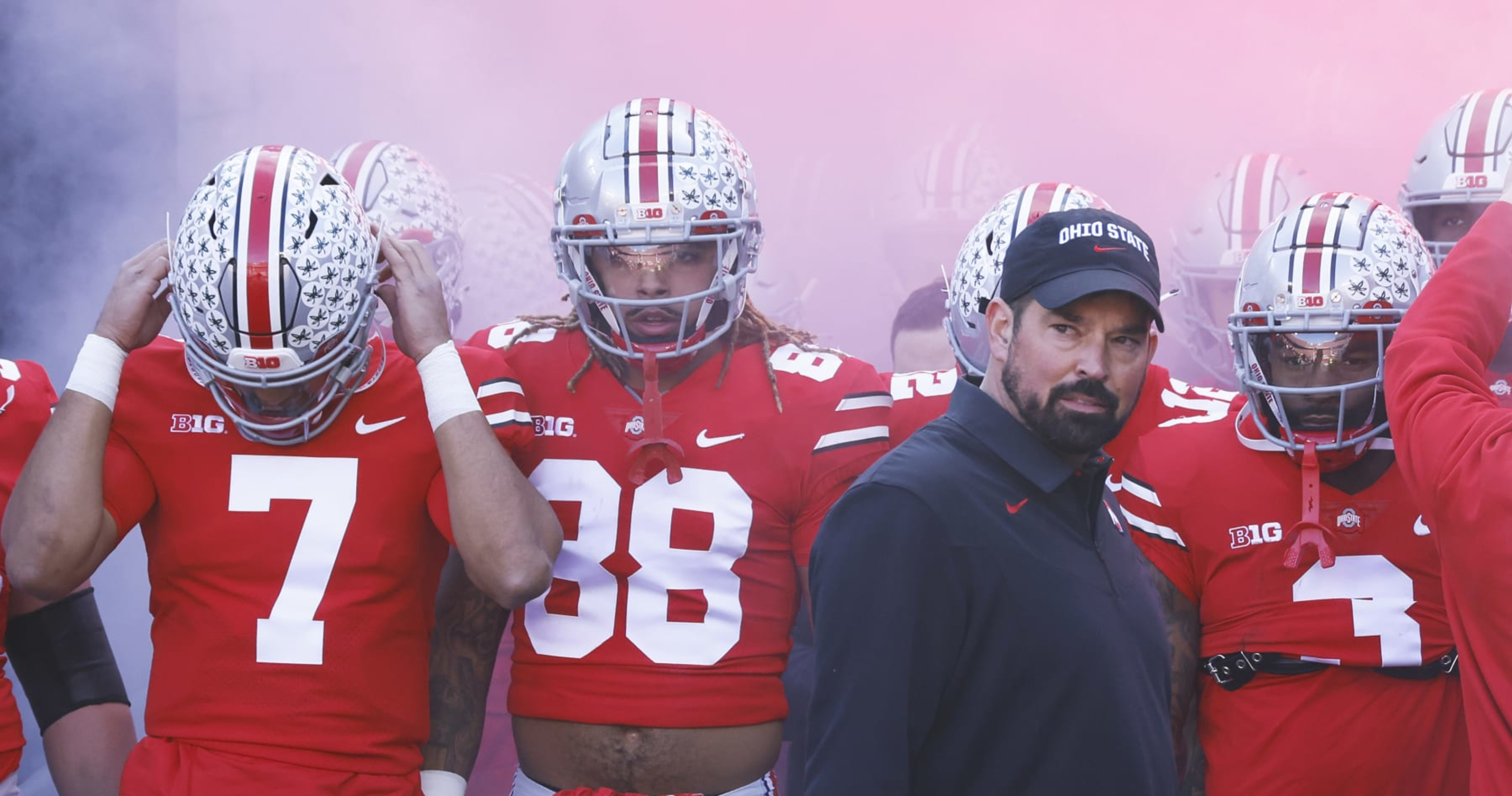Smart Defends Aggressive Play Calls Despite CFP Loss
Introduction
Georgia head coach Kirby Smart staunchly defended his team's aggressive play-calling philosophy despite their 50-30 loss to TCU in the College Football Playoff National Championship game. Smart's unwavering commitment to attacking football, even in the face of adversity, has sparked a debate about the optimal balance between risk and reward in modern college football.
Smart's Philosophy and TCU's Execution
Smart is a proponent of "playing to win," emphasizing scoring points and putting pressure on opponents with a relentless offense. This approach has been highly successful for Georgia in recent years, culminating in their 2021 College Football Playoff title. However, against TCU's opportunistic defense, Smart's aggressive play-calling backfired.
The Horned Frogs intercepted Georgia quarterback Stetson Bennett three times and forced two fumbles, turning those turnovers into 21 points. TCU also sacked Bennett five times, disrupting Georgia's offensive rhythm. The Bulldogs' defense, typically one of the nation's best, also struggled, allowing TCU quarterback Max Duggan to rush for two touchdowns and pass for another.
Different Perspectives
Some analysts argue that Smart's play-calling was too risky, especially in a game of such high stakes. They believe that a more conservative approach, prioritizing possession and field position, could have given Georgia a better chance of winning.
Others defend Smart's aggression, arguing that it is what has made Georgia a championship contender in recent years. They contend that the Bulldogs are at their best when they are dictating the tempo of the game and forcing their opponents to react. They also point out that Georgia led the nation in scoring offense in the regular season.
Data Points
Statistics support both sides of the argument. Georgia's offensive efficiency decreased with each turnover, while TCU's defensive efficiency increased. The Horned Frogs also had a significant edge in time of possession (35:06 to 24:54), indicating Georgia's inability to sustain drives.
Conversely, Georgia's aggressive defense, which had allowed only 13 points per game during the regular season, allowed 30 points to TCU. This suggests that the Horned Frogs were able to exploit some of Georgia's vulnerabilities, particularly in the passing game.
Lessons Learned
While Smart's aggressive play-calling ultimately proved unsuccessful against TCU, the game provides valuable lessons for coaches and players alike. It reinforces the importance of adapting to opponents' strengths and weaknesses, even when it means deviating from one's preferred style of play.
It also highlights the fine line between calculated risk-taking and recklessness. While it is important to be willing to take chances in order to score points, it is equally important to protect the football and avoid turnovers that could cost a game.
Conclusion
Kirby Smart's defense of his aggressive play-calling philosophy despite Georgia's CFP loss has sparked a debate about the appropriate balance between risk and reward in modern college football. While some argue that Smart's approach was too risky, others maintain that it is what makes Georgia a championship contender. The data supports both sides of the argument, and the game provides valuable lessons for coaches and players alike.
Ultimately, the optimal balance between aggression and conservatism is a matter of judgment that each coach must make based on the strengths and weaknesses of their team and the specific circumstances of the game. However, the discussion that Smart's play-calling has generated is a reminder that there is no single, foolproof formula for success in college football.
Read also:
Buccaneers Clinch NFC South Despite Botched Win: A Tale Of Disaster And Triumph
Bills' Rookie Wideout Coleman Ready To Soar In Lions Showdown
Blockchain & Crypto 101: Guide For Beginners

